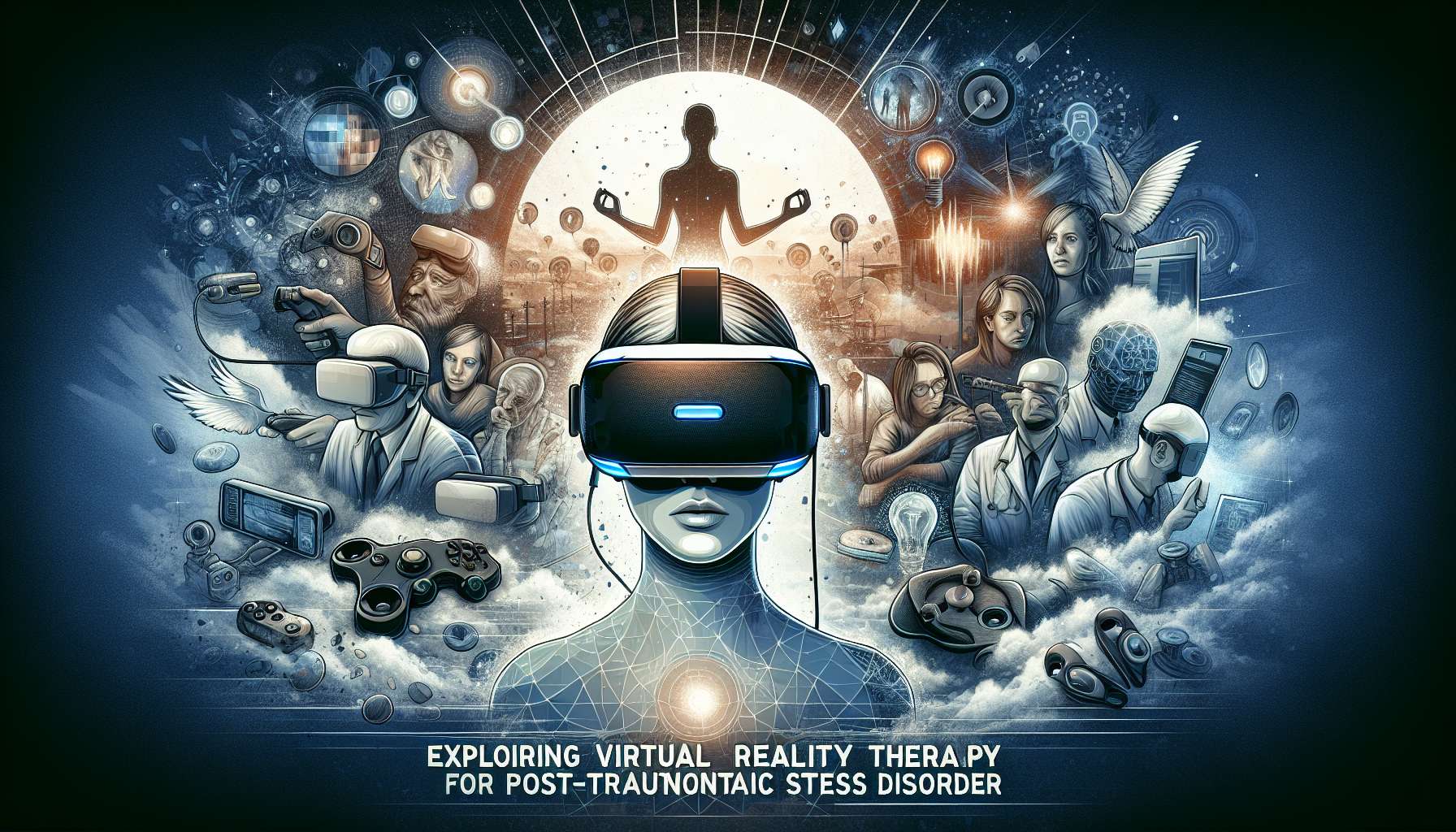The Rise of Virtual Reality Therapy
Post-Traumatic Stress Disorder (PTSD) is a mental health condition that can develop after a person has been exposed to a traumatic event. Traditional treatments for PTSD include therapy and medication, but there is a growing interest in using virtual reality (VR) as a therapeutic tool for managing the symptoms of this disorder.
How Virtual Reality Therapy Works
Virtual reality therapy involves using VR technology to create simulated environments that help individuals confront and process their traumatic experiences in a controlled and safe setting. By immersing the individual in a virtual environment that mimics the triggering situation, therapists can guide them through exposure therapy to help reduce their anxiety and fear responses.
The Benefits of Virtual Reality Therapy
- Immersion: VR therapy provides a high level of immersion, making the individual feel like they are actually present in the virtual environment, which can enhance the effectiveness of the therapy.
- Controlled Environment: Therapists can carefully control the virtual scenarios to ensure that the individual is exposed to the right level of stimuli at the right pace, helping to prevent retraumatization.
- Customization: Virtual reality environments can be customized to each individual’s specific trauma, allowing for personalized and targeted therapy sessions.
- Engagement: VR therapy can be more engaging and interactive than traditional therapy methods, increasing motivation and compliance with treatment.
Research and Effectiveness
Several studies have shown promising results for the use of virtual reality therapy in treating PTSD. Research indicates that VR therapy can lead to significant reductions in PTSD symptoms, including intrusive thoughts, avoidance behaviors, and hyperarousal.
The Future of Virtual Reality Therapy
As technology continues to advance, the potential for virtual reality therapy to revolutionize the treatment of PTSD and other mental health conditions is becoming increasingly clear. With further research and development, VR therapy could become a widely accessible and effective tool for helping individuals overcome the debilitating effects of trauma.








